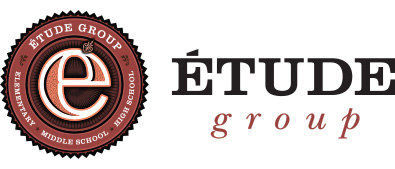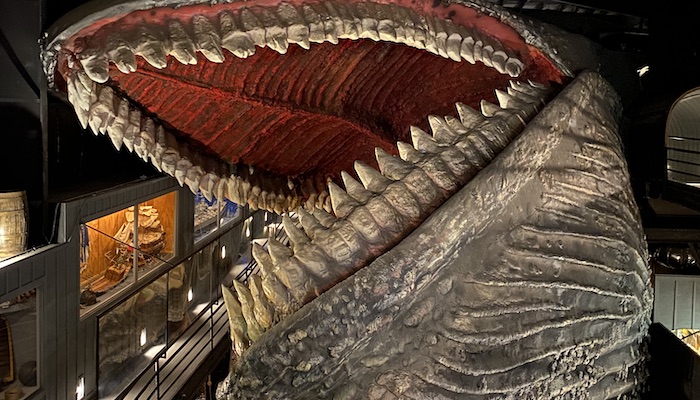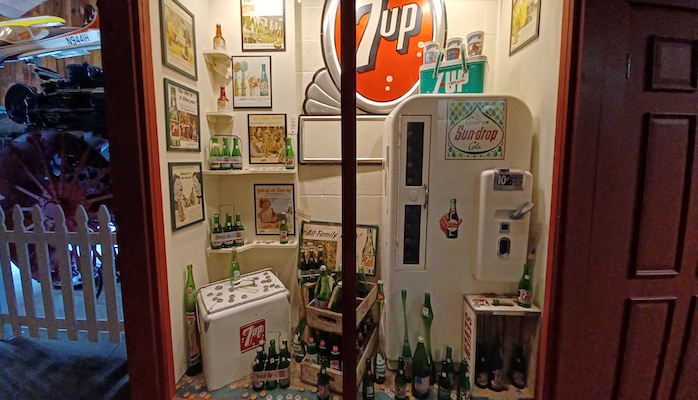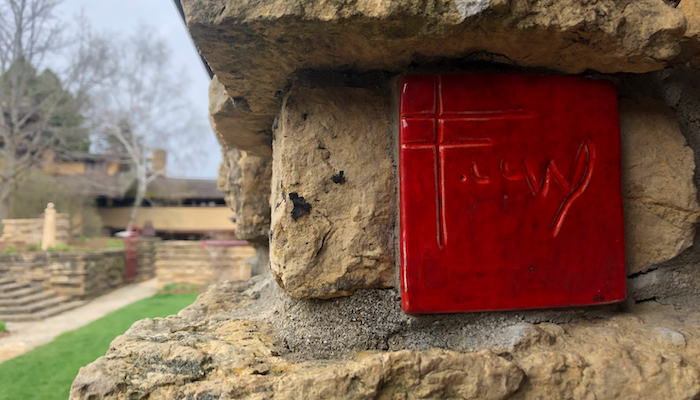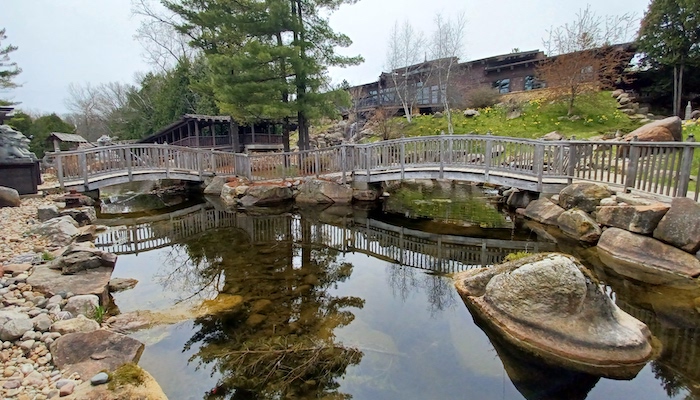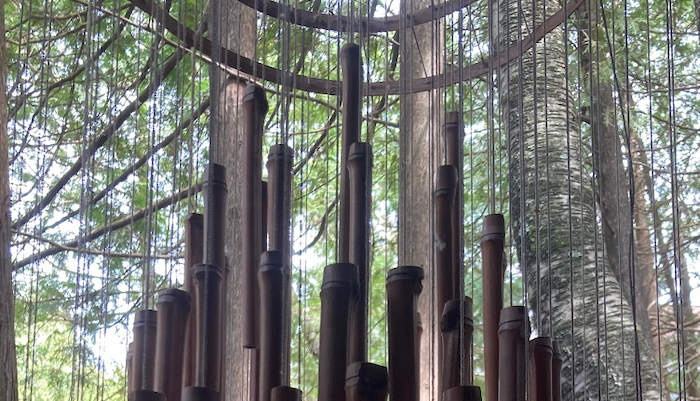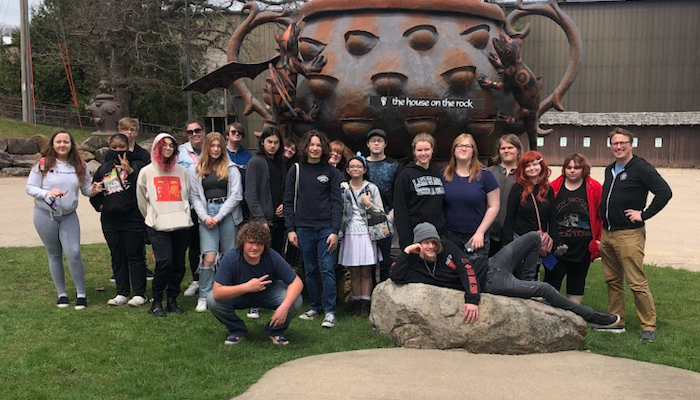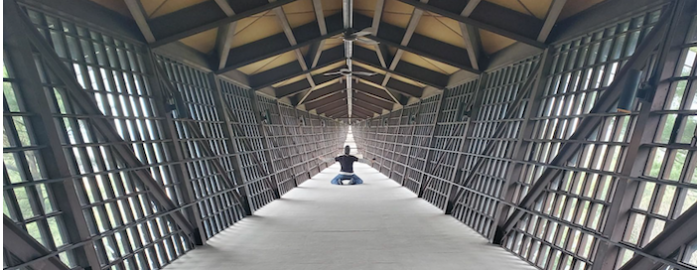
You might not be able to pronounce it, but chances are you’re very familiar with synecdoche. A long word that means using one thing to represent many things, we use this concept frequently. For instance, we say wheels when we mean a car, or we might say suits to signify businessmen.
At Etude High School, students are studying how we use a small part of something to represent the whole using both writing and photography. Led by teachers Mike Q. Hanlon and Addie Degenhardt, the unit gives students a chance to explore different kinds of communication.
“The idea behind the class is that we're analyzing how we use a small part of something to represent the whole(like a synecdoche),” Hanlon said. “We can obviously communicate with words, but we can also communicate through visuals. Students are tying those types of communication together.”
The project includes personal narratives, with a dash of poetry and a drizzle of Wisconsin studies as well, Hanlon said.
“Students started by combing through the entirety of the photo albums on their phones and selecting one that could be ‘hung on a wall’ to represent who they are,” he said. “Then they wrote a one-page personal statement explaining the significance of the photo.”
After that, students wrote six-word memoirs about three topics: self, school and state. Restricting them to six words meant they had to be “very intentional” about their word choices, Hanlon said. “These memoirs were also paired with new photographs that students took after learning about some foundational elements of design.”
Part of the synecdoche unit (that’s “seh-NEKT-oh-key”) will include a field trip to Spring Green to see Frank Lloyd Wright’s Taliesin and Alex Jordan’s House on the Rock, to get an up-close look at how those architects communicated their ideas about Wisconsin into their designs.
Students will continue practicing their communication skills by distilling what they see on the trip to the smallest possible examples.
“Students will be taking photographs at both locations, and will eventually need to narrow down their collection to a representative one to two photos to capture the whole of each building (no small feat, if you're familiar with the overwhelming House on the Rock),” Hanlon said. “This will be part of a photography exhibition that we will have at the end of the semester, gathering their best work for public display.”
That ability, to hone a message down to its most basic and important elements, is a skill students must learn in order to be successful later, Hanlon said.
“I often find myself talking to students about their need to communicate something with the most important elements,” he said. “This happens in Project Block when they need to communicate a semester's worth of work and research into a 20-minute Exhibition of Learning. It happens when they take a lifetime of experiences and make it fit on a one-page résumé.
“Young people in particular feel a need to share the entirety of an experience as a way of proving that they did something, but we're rarely afforded the opportunity to express that much in a public forum,” Hanlon said. “Learning how to cut the wheat from the chaff is an important skill.”
